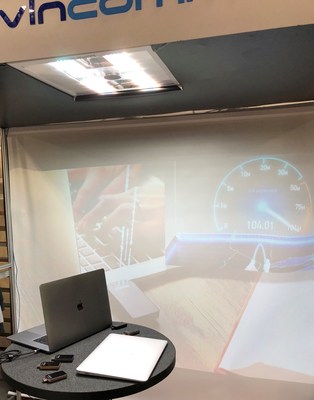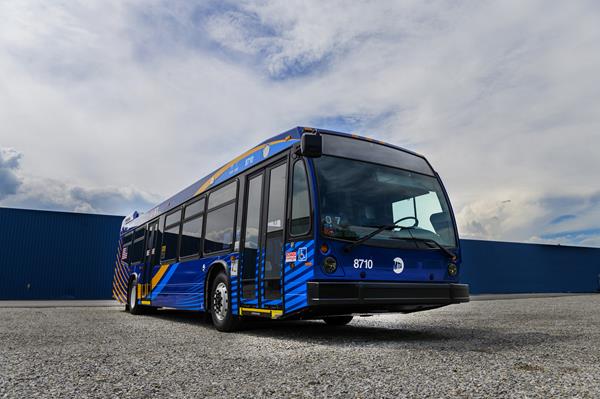VLNComm Launches the World’s First Li-Fi Lighting Panel at CES 2018

Luminex Li-Fi Enabled LED Panel
CHARLOTTESVILLE, Va. and LAS VEGAS, Jan. 17, 2018 /PRNewswire/ — VLNComm, the premiere US firm focusing on the development of bi-directional Li-Fi, has developed the fastest, most affordable and most innovative Li-Fi LED lighting panel in the industry. Introduced and successfully demonstrated to more than 500 people at CES 2018 in Las Vegas, the LumiNex panel is capable of 108Mbps download speeds and when coupled with the LumiStick 2, 53Mbps upload speeds. Coverage is 516 square feet and includes support for 15 users simultaneously all through the use of industry standard white LEDs.
Dr. Noshad, CTO of VLNComm comments:
“This is a truly revolutionary (yet evolutionary) development in showing the world what Li-Fi is capable of. As the technology continues to evolve, users will appreciate the complementary nature of Li-Fi when used as a replacement or augmentation to radio frequency (e.g., Wi-Fi) technology. What discriminates Li-Fi is that it has no electromagnetic interference (EMI), offers enhanced security, is safer and provides access to a larger amount of available spectrum.”
In addition to extending Li-Fi beyond the current ranges, VLNComm will continue to work with luminaire and LED manufacturers to integrate its hardware and software solutions in to products with the goal of standardization, interoperability and wide-spread adoption of the technology. Near term adopters include those where security is of the utmost importance as well as those with a concern for EMI and its impact on sensitive equipment.
Visible Light Communication (VLC) and in particular, Li-Fi, extends beyond how many are currently using the medium to achieve a uni-directional link via optical camera communication (OCC) for indoor positioning or “beaconing”, or using near infrared to achieve limited directional communications – neither of which are true, bi-directional Li-Fi. To that end, VLNComm is working with others in this space to develop a common taxonomy, explore what will be needed for device interoperability and the development of domain specific use cases.




